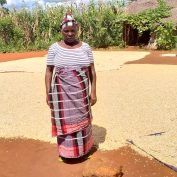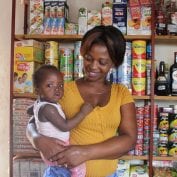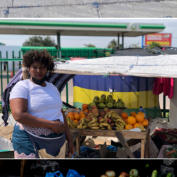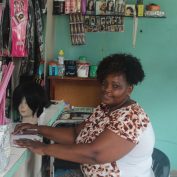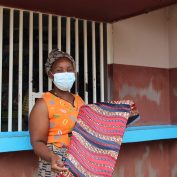Women on the Frontlines of Climate Change: Jacinta Fernando
Women comprise 70% of the world's low-income people, making them especially vulnerable to climate change. But with the right support, they can be a tremendous force for protecting their livelihoods, their families, and the environment. This week, we bring you some of those stories.



